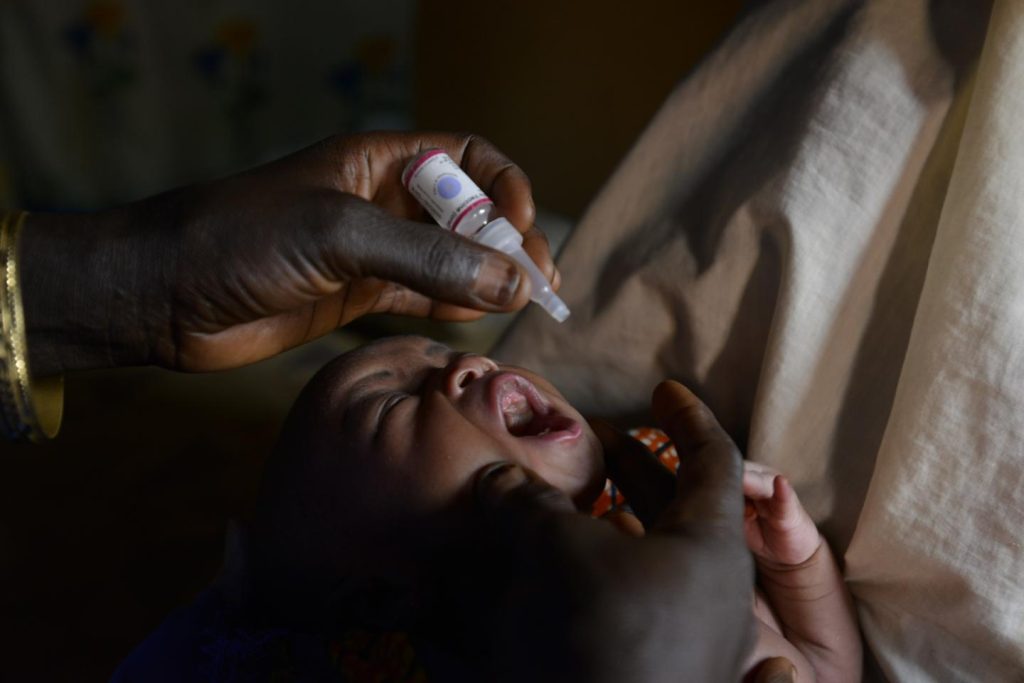Breaking Down Barriers: Community Sensitization and Traditional Leaders Key to Successful Polio Immunization Campaign in Kano State
In a significant milestone for public health in Nigeria, the Warawa Local Government Area (LGA) in Kano State has successfully immunized over 59,000 children against polio, surpassing its target of 57,754. This achievement is a testament to the power of community sensitization and the crucial role of traditional leaders in overcoming vaccine resistance. Bello Jafaru, the Health Educator of Warawa LGA, attributes the campaign’s success to the massive sensitization efforts and strong support from traditional leaders, who helped address concerns and build trust among the community.
According to Jafaru, the campaign’s success was not without its challenges. In a previous round of polio vaccination, some parents in the Jigawa ward resisted the vaccine, but traditional leaders stepped in to resolve the issue through community dialogue. Similarly, in the recent campaign, a woman refused to allow her children to be vaccinated, but the non-compliance committee, comprising health workers and community influencers, convinced her to change her mind. When that didn’t work, the Hakimi (traditional ruler) intervened, instructing that the woman and her children be brought for immunization.
Jafaru emphasized the importance of taking polio immunization seriously, stating that it is "free, safe, and protects children from polio and other diseases." He encouraged parents to take their children to health facilities to be vaccinated, highlighting the collaborative efforts between the Kano State Government and UNICEF to ensure that no child in the state suffers from polio by December 2025.
The success of the polio immunization campaign in Warawa LGA serves as a model for other communities to follow. By engaging with traditional leaders and community members, health educators can build trust and address concerns, ultimately leading to increased vaccination rates and a healthier population. As Nigeria continues to work towards a polio-free future, the example set by Warawa LGA demonstrates the impact that community-driven initiatives can have in achieving this goal. With continued collaboration and commitment, it is possible to eradicate polio and ensure a healthier future for children across the country.
